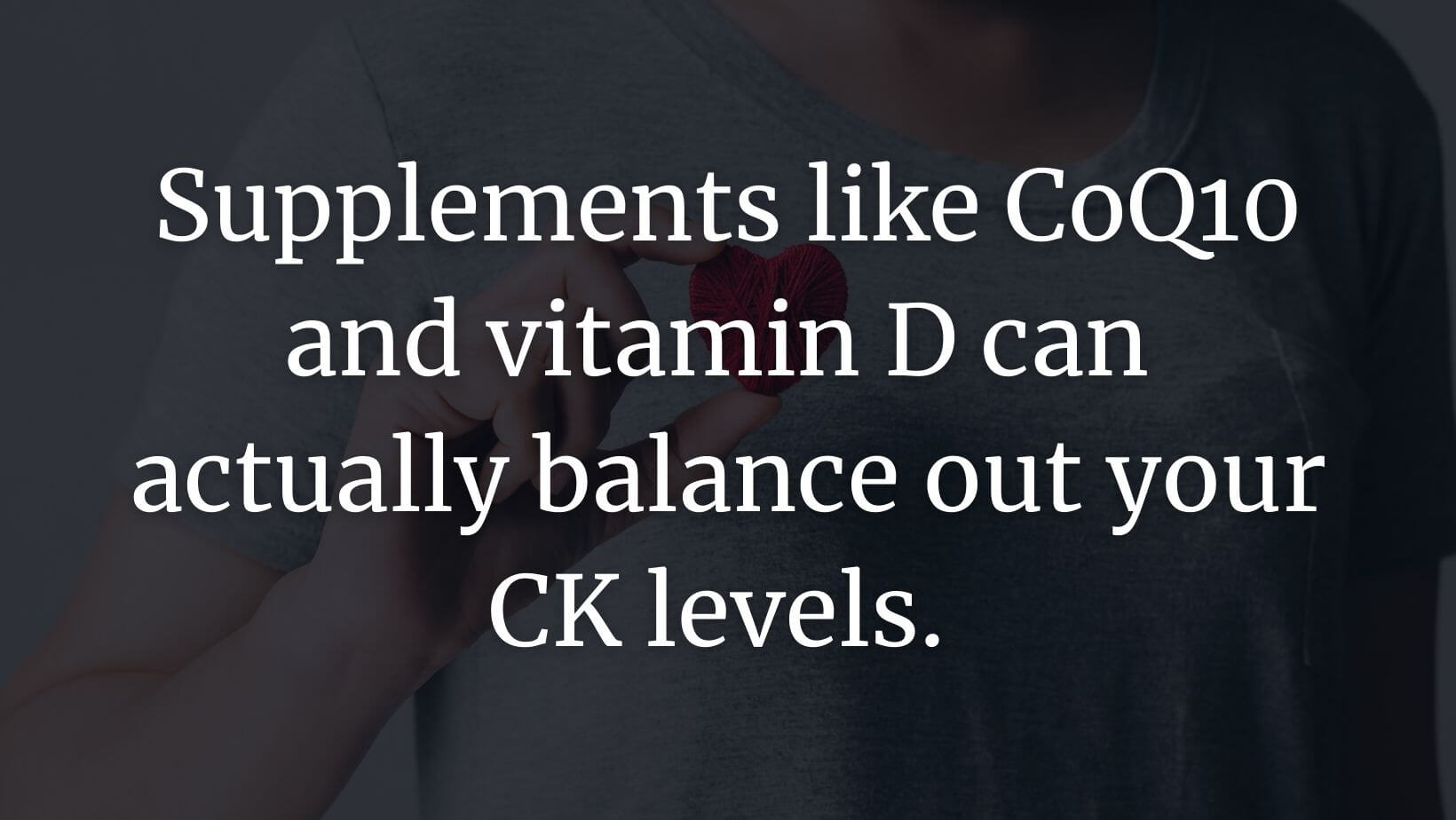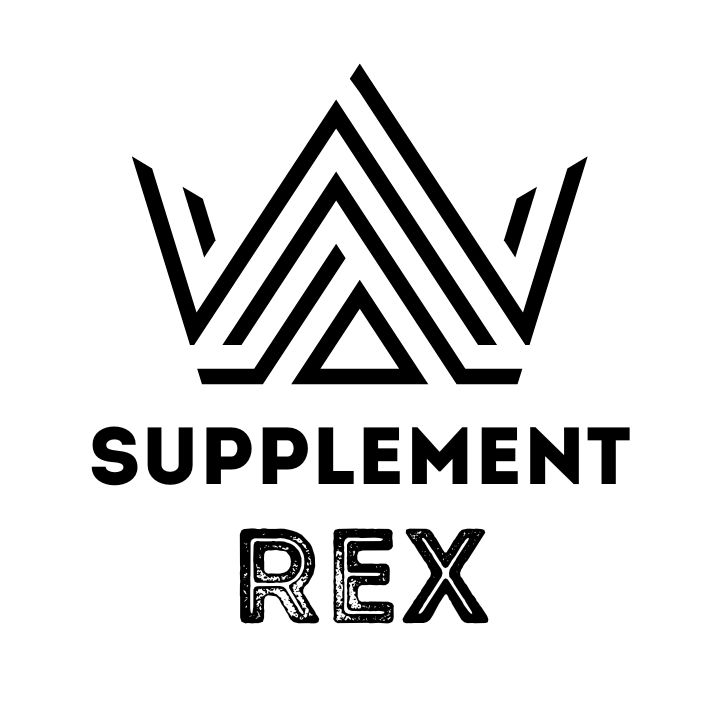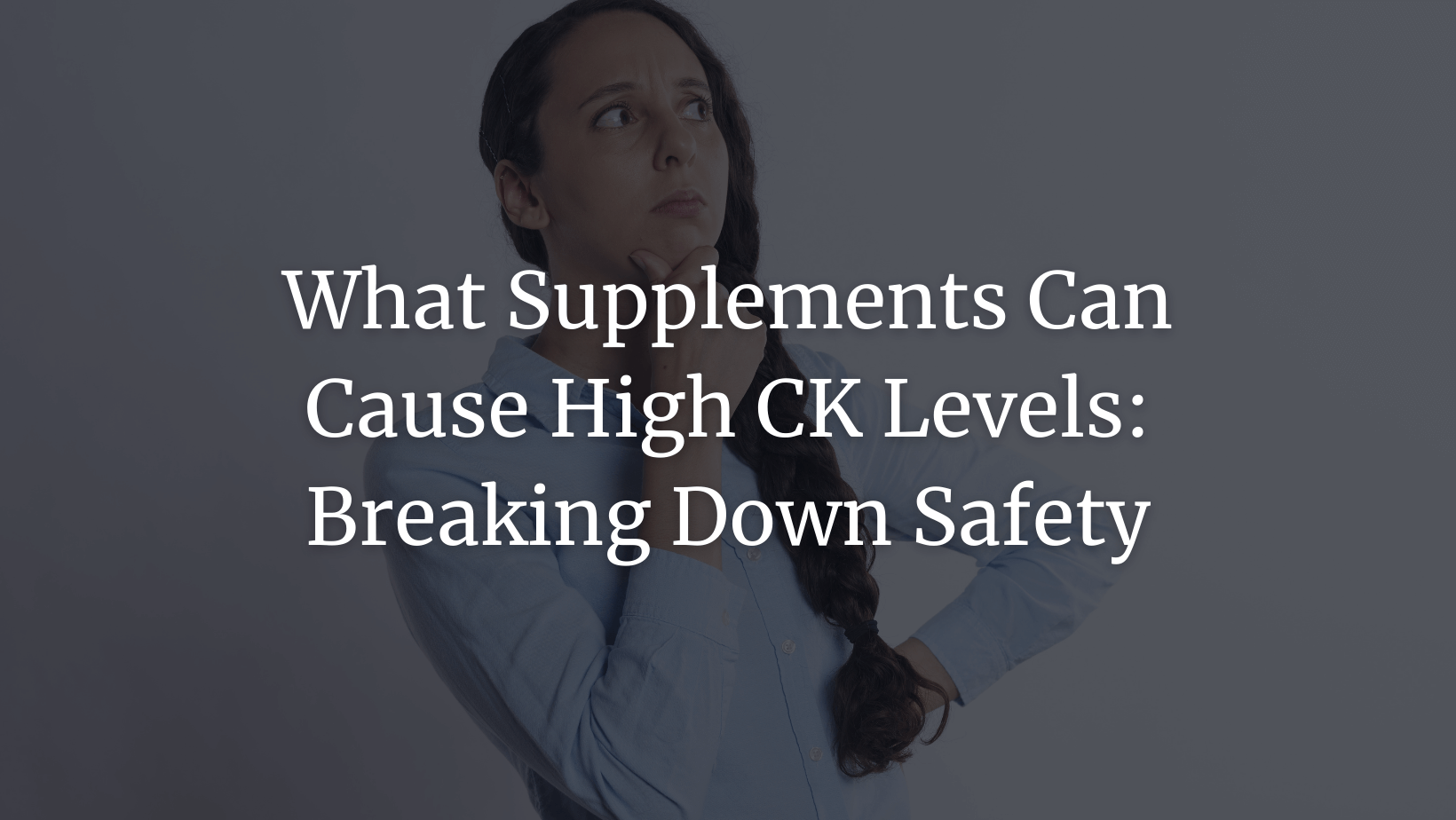What Supplements Can Cause High CK Levels: Breaking Down Safety
Have you been diagnosed with elevated CK levels? Your supplement regimen might be the one to blame!
These days, people are increasingly turning to dietary supplements to optimize their health, enhance athletic performance, and support overall well-being. However, it’s essential to be aware of potential side effects and health risks that may arise from supplement use. One such concern revolves around the potential for certain supplements to elevate creatine kinase (CK) levels in the body. CK is a vital enzyme responsible for energy production in various tissues, including muscles and the brain. Elevated CK levels can be indicative of muscle damage, and in some cases, may even signal the presence of more serious health conditions.
As health enthusiasts and athletes continue to search for ways to maximize their performance and maintain optimal health, understanding the link between supplements and CK levels becomes increasingly important. In this comprehensive guide, we will delve into the world of CK levels, exploring the supplements that may contribute to elevated CK levels, the potential health risks associated with high CK levels, and practical strategies to manage and prevent complications. Our goal is to provide you with the knowledge and tools to make informed decisions about supplement use and safeguard your health.
Let’s jump right in:
Creatine Kinase (CK) Levels and Their Importance
Creatine kinase (CK) is an enzyme found in various tissues of the human body, including the muscles and the brain. It plays a crucial role in energy production by catalyzing the conversion of creatine to phosphocreatine. Monitoring CK levels is essential for evaluating muscle damage, muscular dystrophy, and other conditions related to muscle metabolism. In this article, we will discuss the supplements that can cause high CK levels and the potential health risks associated with elevated CK levels.
Supplements That Affect CK Levels


So, if you get a CK level elevation, what supplement might be behind that result – and what are the supplements that protect you?
The most common culprit for non-symptomatic CK elevation is actually statins, a class of commonly prescribed cholesterol-lowering drugs. But, some supplements can also affect your creatine kinase levels.
Here are the most common ones that can, indeed, change your creatine kinase levels:
1. Creatine
Creatine is a popular supplement among athletes and bodybuilders for enhancing muscle strength and performance. However, excessive creatine intake can lead to elevated CK levels. Creatine supplementation increases the availability of phosphocreatine, which may result in an increase in CK activity. That said, in normal doses, your creatine supplement shouldn’t have too much of an impact on CK – and, if there is an elevation, it might be because people who take creatine are usually weight lifters and strength exercise is a CK-booster in itself.
2. Coenzyme Q10 (CoQ10)
Coenzyme Q10 (CoQ10) is an antioxidant that is involved in the production of cellular energy. It is commonly used as a supplement to support heart health and improve energy levels. And, here’s the kicker here:
CoQ10 can actually normalize your CK levels.
In fact, it has been studied for this exact reason in people who take statins – a common cholesterol-lowering drug, which can elevate your CK.
3. Branched-Chain Amino Acids (BCAAs)
Branched-chain amino acids (BCAAs) are a group of essential amino acids that include leucine, isoleucine, and valine. They are commonly used by athletes and bodybuilders to promote muscle growth and recovery. And once again, BCAAs can protect you from CK elevation, especially after exercise. This is likely because they support muscle function and help reduce muscle damage – great news if you want the gains without (as much of) the pain.
4. Vitamin D
Vitamin D is essential for the maintenance of bone health and immune function. High doses of vitamin D supplementation have been associated with decreased CK levels in some studies. It is essential to follow the recommended daily intake guidelines for vitamin D to avoid potential adverse effects – and, if you’re training hard, to also reduce your muscle cell damage and CK elevation.
5. HMB (Beta-Hydroxy-Beta-Methylbutyrate)
HMB is a metabolite of the essential amino acid leucine and is often used as a supplement to support muscle growth and recovery. Some studies have reported an decrease in CK levels following HMB supplementation, particularly in individuals engaging in intense exercise or resistance training.
Health Risks Associated with High CK Levels


Muscle Damage
Persistently high CK levels may indicate muscle damage, such as muscle strains, tears, or inflammation. It is essential to monitor CK levels and consult a healthcare professional if you experience persistent muscle pain or weakness.
Rhabdomyolysis
Rhabdomyolysis is a severe condition that results from the rapid breakdown of muscle tissue, leading to the release of muscle fiber contents into the bloodstream. High CK levels are a hallmark of rhabdomyolysis, and the condition can lead to acute kidney injury and other complications if left untreated.
Myocardial Infarction
Elevated CK levels can also be indicative of myocardial infarction (heart attack) due to the presence of CK in heart muscle cells. If you experience chest pain, shortness of breath, or other symptoms of a heart attack, seek immediate medical attention.
Neurological Disorders
High CK levels have been associated with certain neurological disorders, such as Parkinson’s disease and multiple sclerosis. Further evaluation by a healthcare professional is necessary if you have symptoms suggestive of a neurological condition.
Autoimmune Myopathies
Autoimmune myopathies are a group of conditions in which the immune system attacks the muscles, causing inflammation and muscle weakness. Elevated CK levels can be a sign of autoimmune myopathies, such as polymyositis and dermatomyositis. If you experience unexplained muscle weakness, consult a healthcare professional for further evaluation.
Muscular Dystrophies
Muscular dystrophies are a group of genetic disorders that cause progressive muscle weakness and loss of muscle mass. High CK levels can be an early sign of muscular dystrophies, including Duchenne muscular dystrophy and Becker muscular dystrophy. Early diagnosis and intervention are crucial for managing these conditions and improving quality of life.
How to Manage Elevated CK Levels
If your blood creatine kinase levels are elevated, the first step is to figure out why. Your doctor or healthcare professional will help run additional tests and treat any underlying causes. These are some of the steps you can take after an episone of CK elevation to ensure you’re recovering quickly and safely:
1. Proper Hydration
Dehydration can exacerbate muscle damage and increase CK levels. Ensure that you drink enough water, particularly during exercise or when consuming supplements known to elevate CK levels. Unless you’re doing very high-intensity exercise, hydrating with water is more than enough – sports drinks, for the most part, aren’t necessary for a non-professional athlete.
2. Gradual Increase in Exercise Intensity
Rapid increases in exercise intensity can cause muscle damage and elevated CK levels. Gradually increase your workout intensity to avoid muscle strain and the associated increase in CK levels. Warming up properly is also essential here, especially if you had fallen out of your routine a bit – it will also protect you from other injuries and boost your long-term exercise results.
3. Balanced Diet
A well-balanced diet that includes a variety of nutrients is crucial for maintaining muscle health and preventing elevated CK levels. Ensure that your diet includes adequate protein, carbohydrates, and healthy fats, as well as vitamins and minerals, to support optimal muscle function.
4. Adequate Rest and Recovery
Allowing your muscles to rest and recover after exercise is essential for preventing muscle damage and elevated CK levels. Incorporate rest days into your exercise routine and consider activities like stretching, foam rolling, or yoga to aid in recovery.
Ultimately, it is essential to be aware of the supplements that can cause high CK levels and to take appropriate precautions to minimize the risk of complications. Monitoring your CK levels after the first-time elevation on bloodwork, staying hydrated, following a balanced diet, gradually increasing exercise intensity, allowing for adequate rest and recovery, and consulting with a healthcare professional can all help maintain healthy CK levels and support overall muscle health
Conclusion
Supplements like creatine, CoQ10, BCAAs, vitamin D, and HMB can potentially affect CK levels in the body. It is crucial for individuals who consume these supplements to tell their doctor about their supplement regimen if they do get elevated CK levels.
To minimize the risk of complications, follow the recommended dosages for each supplement and consult with a healthcare professional before starting any supplementation regimen. Good luck and stay healthy!
References
- Brosnan, J. T., & Brosnan, M. E. (2007). Creatine: endogenous metabolite, dietary, and therapeutic supplement. Annual review of nutrition, 27, 241-261. https://www.annualreviews.org/doi/full/10.1146/annurev.nutr.27.061406.093621
- Molyneux, S. L., Florkowski, C. M., George, P. M., Pilbrow, A. P., Frampton, C. M., Lever, M., & Richards, A. M. (2008). Coenzyme Q10: an independent predictor of mortality in chronic heart failure. Journal of the American College of Cardiology, 52(18), 1435-1441. https://www.sciencedirect.com/science/article/pii/S0735109708027228
- Howatson, G., Hoad, M., Goodall, S., Tallent, J., Bell, P. G., & French, D. N. (2012). Exercise-induced muscle damage is reduced in resistance-trained males by branched chain amino acids: a randomized, double-blind, placebo-controlled study. Journal of the International Society of Sports Nutrition, 9(1), 20. https://jissn.biomedcentral.com/articles/10.1186/1550-2783-9-20
- Bischoff-Ferrari, H. A., Dietrich, T., Orav, E. J., & Dawson-Hughes, B. (2004). Positive association between 25-hydroxy vitamin D levels and bone mineral density: a population-based study of younger and older adults. The American journal of medicine, 116(9), 634-639. https://pubmed.ncbi.nlm.nih.gov/15093761/
- Wilson, J. M., Lowery, R. P., Joy, J. M., Andersen, J. C., Wilson, S. M., Stout, J. R., … & Rathmacher, J. (2014). The effects of 12 weeks of beta-hydroxy-beta-methylbutyrate free acid supplementation on muscle mass, strength, and power in resistance-trained individuals: a randomized, double-blind, placebo-controlled study. European journal of applied physiology, 114(6), 1217-1227. https://link.springer.com/article/10.1007/s00421-014-2854-5
- Brancaccio, P., Lippi, G., & Maffulli, N. (2010). Biochemical markers of muscular damage. Clinical chemistry and laboratory medicine, 48(6), 757-767. https://www.degruyter.com/document/doi/10.1515/CCLM.2010.179/html
- Bosch, X., Poch, E., & Grau, J. M. (2009). Rhabdomyolysis and acute kidney injury. New England Journal of Medicine, 361(1), 62-72. https://www.nejm.org/doi/full/10.1056/NEJMra0801327
- Lizhen Z, Zhulin Z, Xiurui M, et alEfficacy and safety of coenzyme Q10 supplement on simvastatin induced myalgia and transaminase incrementHeart 2011;97:A126-A127.
- Coombes JS, McNaughton LR. Effects of branched-chain amino acid supplementation on serum creatine kinase and lactate dehydrogenase after prolonged exercise. J Sports Med Phys Fitness. 2000 Sep;40(3):240-6. PMID: 11125767.
- Pilch W, Kita B, Piotrowska A, Tota Ł, Maciejczyk M, Czerwińska-Ledwig O, Sadowska-Krepa E, Kita S, Pałka T. The effect of vitamin D supplementation on the muscle damage after eccentric exercise in young men: a randomized, control trial. J Int Soc Sports Nutr. 2020 Nov 11;17(1):53. doi: 10.1186/s12970-020-00386-1. PMID: 33176796; PMCID: PMC7661179.
- Wilson GJ, Wilson JM, Manninen AH. Effects of beta-hydroxy-beta-methylbutyrate (HMB) on exercise performance and body composition across varying levels of age, sex, and training experience: A review. Nutr Metab (Lond). 2008 Jan 3;5:1. doi: 10.1186/1743-7075-5-1. PMID: 18173841; PMCID: PMC2245953.







